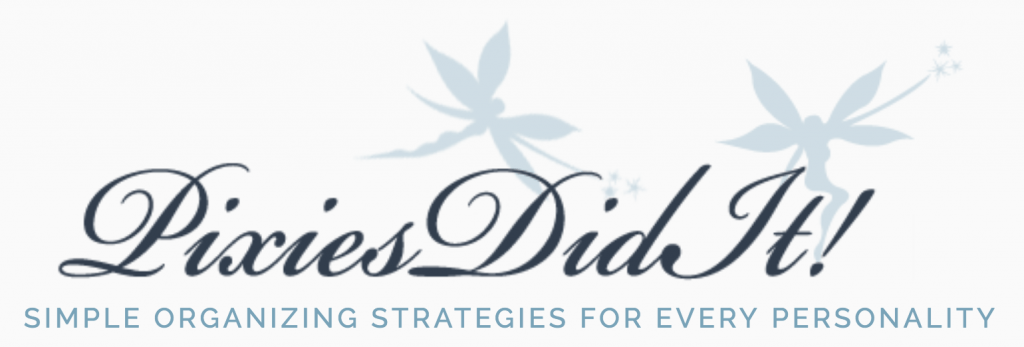Accepting Your Type: Your Main Organizational Tool
We hear people say it to us. We say it to other people. We read about it in self-help books.
We know if we could just do it, our lives would be easier. One of our mottoes is ‘No Shame, No Blame!’. We believe that there’s a lot of unnecessary angst out there regarding household organization, and we are here to help. Not by going to the Container Store and picking out storage for your entire living space, but by giving you practical insights into how you function in your day to day, and how that awareness can set you free — organizationally, that is!
Constant self-acceptance can be a bear — particularly when there are parts of ourselves that we don’t particularly like or want to have around. Luckily, PixiesDidIt! only asks us to accept our personality type, and not the whole of our being. Let’s face it, that quiz was fun to take! And if figuring out our Pixie Type is the key to helping us improve our household organizational systems, then hallelujah, we’re all in.
In this article, we’ll talk a bit about the ways in which accepting our type helps achieve better organizational results than trying to be like someone else (i.e., a machine, a full-time maid, or if you’re a Fun — a Classic). We’ll also talk about our philosophy around working with what we’ve got, and using it to our advantage. That method has actually proved way more effective than having experts or interior designers swoop into our houses and reinvent the wheel for us, making our house look like a magazine after a ‘makeover’— for a day or two. Pretty soon, it’s back to square one.
We Work With You
Which is why we always approach our clients with the quiz first. Then, we get familiar with the organizational systems you already have in place, and go about improving on them. For example, say you’re a piler (No Shame, No Blame!) and you’ve got piles of mail all over your office desk. Neat piles, but piles all the same. Depending on your type and existing organizational system, we’d suggest matching containers to put each pile in — or consolidate the piles into two containers: ‘unread’ and ‘read’. Or using a sorting bin that can be hung on the wall, eliminating the piles altogether. It all depends on your type and method of organization.
Going into a client’s home, clearing it out and implementing a one-size-fits-all organizational system would go completely against our mission, simply because there is no ONE way to organize. Just as there is no ONE type of person in the world. And if you’re curious about our approach? Check out our latest book, Organize Your Way: Simple Strategies for Every Personality. Or you can just follow the blog and learn that way (after all, there is never just one way to do something!).
How Each Type Determines Organizational Style
Let’s start off with the four basic types.
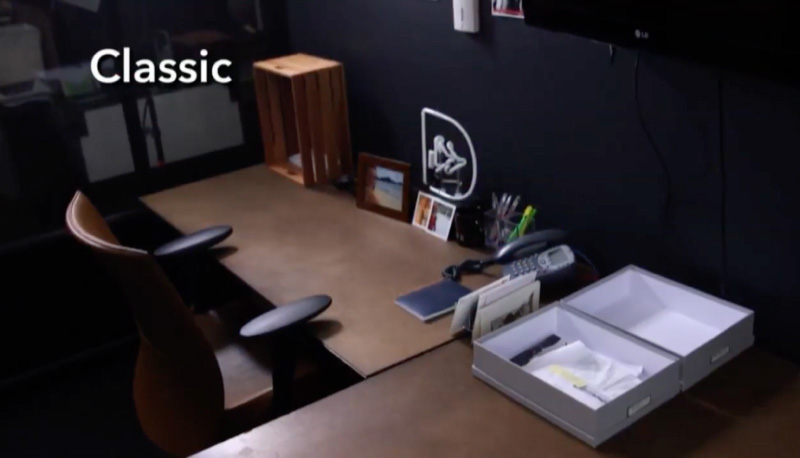
The first type is Classic. In a Classic’s life, there’s a place for everything. And we mean each, little, thing. Junk drawers? Classics do not know what those are. Classics file important papers in filing cabinets as soon as they read them. Classics go to Europe wearing fanny packs (neatly!) stuffed with maps (that they’ve marked up in red pen) and other essential items. Classics thrive off of routines and schedules and plans that are always made in advance. In a Classic house, there is zero clutter, zero piles, zero disorder. Classics are punctual, tidy, and practical. They are decisive and have an easy time discarding things.
NOTE: If you’re sitting here reading this and thinking, ‘I could never be that organized!’, stop it right there. First off, just because Classics excel at traditional ways of organization, does not make them any better or more efficient or organized than you (no matter what your type is). The Classic way of doing things is just one way of many, and represents one definition of “organization.” In Pixie language, the word “organization” is defined as the ability to retrieve something. In other words, if you can find something you are looking for in your house straight away, you’re pretty gosh darn organized — at least to us.
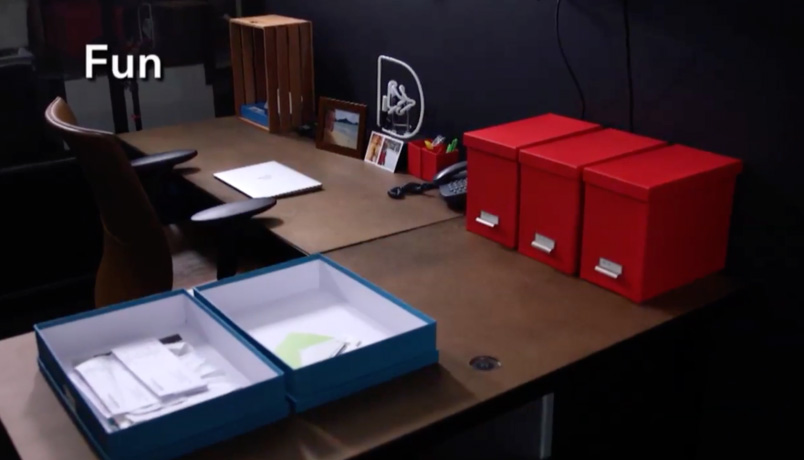
The second type is Fun. You hear the word and you think, spontaneous, fun-loving, adventurous, in the moment — right? Well, there are a few tweaks to that stereotype. The first is that Fun personality types have a very practical side. They will follow a schedule, as long as it’s in digital or electronic format. They will file things, as long as the system is already in place for them. Fun types have an immediate decisiveness that helps them de-clutter without quibbling. They often will keep the rooms they use most extremely neat, and disregard the rooms they don’t use (those doors will most likely be closed during a visit from company). Much like a child, tasks need to have a certain tang and excitement in order for this type to git ‘er done.
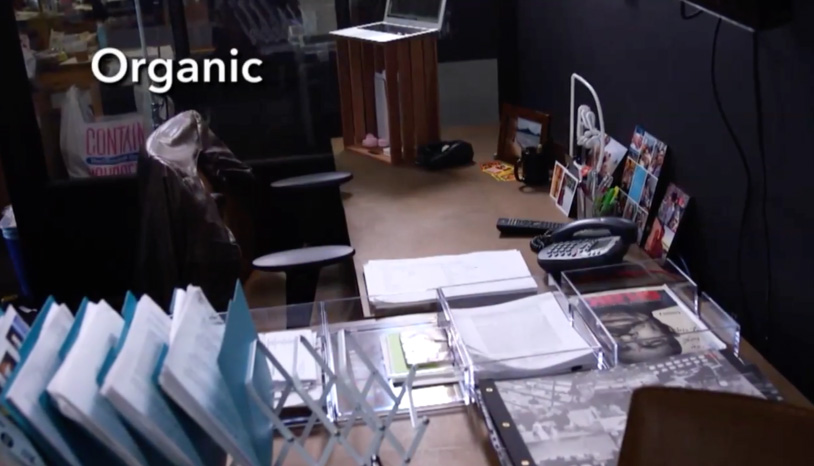
The third type is Organic. The most challenging thing for this type is the inability to throw anything away. Organics enjoy surrounding themselves with sentimental and meaningful things and seldom want to part with any of them. They also are major pilers, but only because they need to see things in order to remember them. For example, let’s say Susie is an Organic. Not thinking, she puts an important bill into her horizontal mail holder, and promptly forgets about it, until she gets a call from the billing company. Susie shouldn’t have a wooden mail holder at all, not if she wants to work within her type and organizational style.
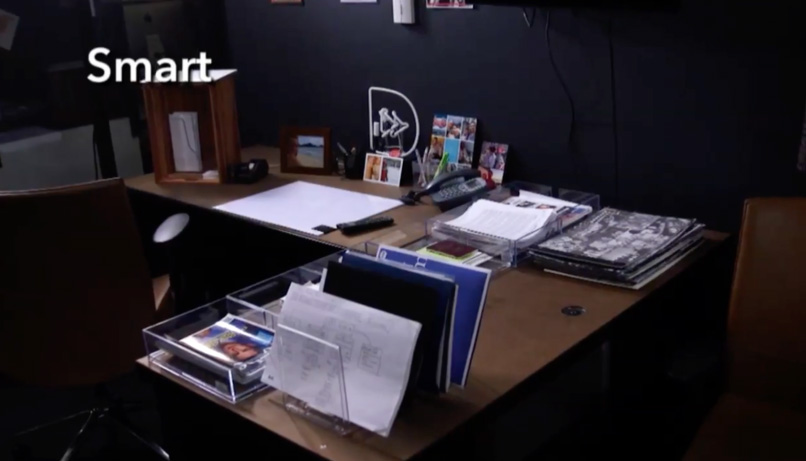
Smart types are more different than other types are from their subtypes. For each basic type, there are two subtypes (we’ll get into that later on) which make the four basic types even more specific and easy to understand. The subtypes are ‘structure’ and ‘freedom’, and each can be applied to a basic type to get a clearer picture. Smart Structures are all about total control over their domain and routinized life, and Smart Freedoms are more big-picture oriented, often coming up with an amazing result but using no visible system.
Can you see how it might be your best bet to work within your type when it comes to organizing your living space? Use your strengths to create systems that you will be able to stick to — use your weaknesses to get to know yourself even more and make better, more customized choices. Organizational Bliss is all about you!
